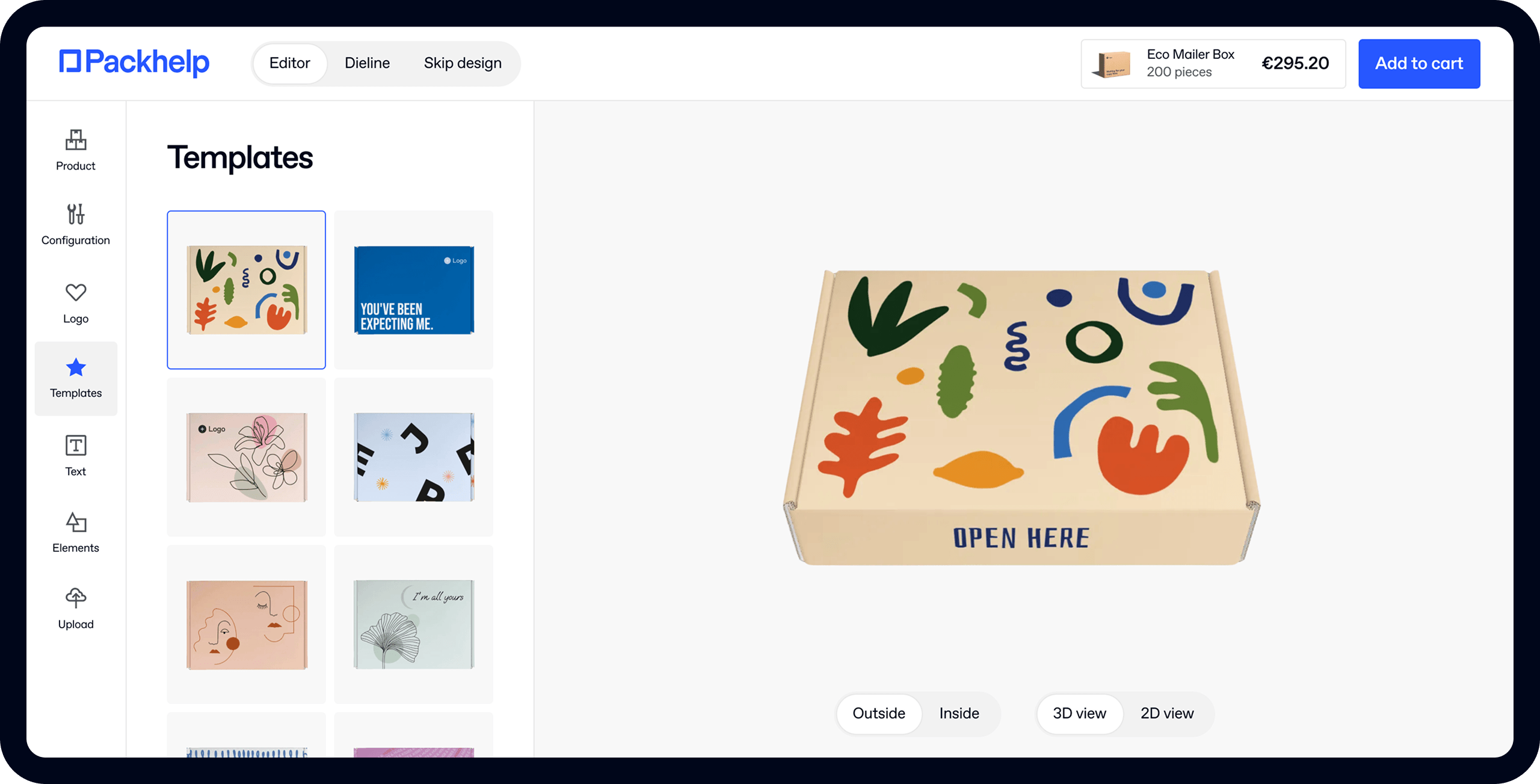6 Lessons Learned From Various Rebranding Cases
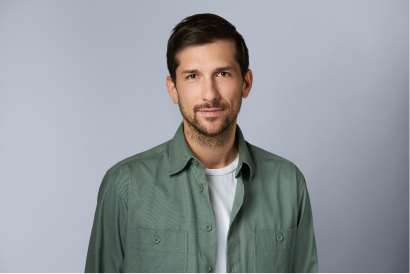
- 200+ templates & patterns
- Real time 3D packaging preview
- Upload logo and choose brand colours
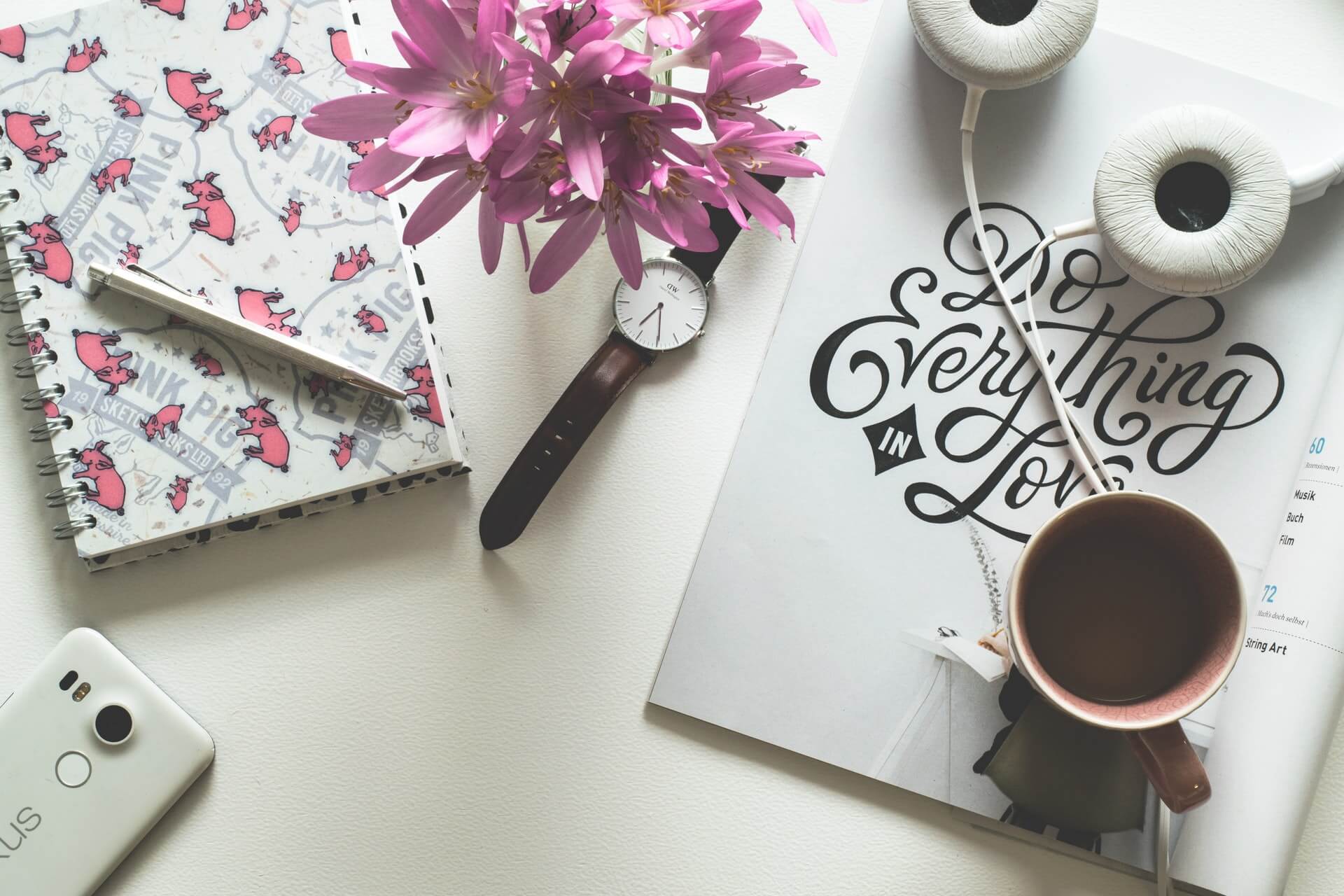
Subscribe now! Receive 15% discount.
Don’t miss out – get 15% off your first order when you join the newsletter. It’s fast, free, and kinda smart.
You're now subscribed!
In this article:
Many companies tried rebranding, but not all of them have succeeded. Here's our take on that matter.
In our previous article concerning rebranding, we have presented some ways of conducting this process, as well as explained what it refers to. Our general conclusion was that rebranding is a great means of raising brand awareness, boosting sales and attracting new customers.
In theory, rebranding should always be a good idea, right? In reality, it’s highly unpredictable. Marketing history has seen many examples of good and bad rebranding outcomes.
In this second part of our rebranding discussion, we present you several mini case studies. Take a look them and learn on mistakes already made by other companies.

GAP's millions-worth flop
GAP, an American clothing company, has spent over a million dollars on changing its logo. There wasn’t any specific reasons for this change, apart from the pressing need to refresh the image from GAP's side.
The new graphic symbol was perceived terribly by their customers, and they soon clamoured for bringing back the old logo. In the end, GAP has done so, losing a substantial sum of money on designs that has seen the light of the day for just a week.
Lesson Learned: A customer feedback prior to redesigning might save from losses.
's
Don’t worry - be (Un)Happy
It is amazing that the junk food giant survived the fierce criticism (remember the documentary film "Supersize me"?) over the years. Even though their sales dropped, people still like to eat in McDonald's.
McDonald’s rebranding processes were multiple too. The company began with child-friendly approach, trying to be a choice for a family. Once people became more aware of the "unhealthiness" of McDonald's food, the company introduced a new strategy. This was followed by a change in the image too.
However, one of the many ideas of rebranding was by far their worst undertaking - it’s name was Happy. Happy was a new mascot of McDonald’s, but instead of boosting the brand awareness in a positive way, the anthropomorphic creature eventually became a meme.
In the end, Happy didn’t make everybody particularly... happy.
Lesson Learned: Think twice before designing a mascot for your company.

Tropicana - Cleaner Look and A Whopping Sale Decrease
Tropicana was one of the most recognisable brands of juices in the North American markets. It had established a certain kind of packaging and visual design, strongly associated with the brand.
The rebranding concerned mostly the packaging of the juices. The company turned to a more minimalist design, with an image of glass filled with juice that covered most of the packaging. The name of the brand was also moved to the side, which caused it to look more generic. The logo has also changed the font to a less eye-catching.
The results of this rebranding were disastrous, which was reflected in the sales. Tropicana saw a 20% decrease in sales, with many customers voicing their dissatisfaction with the bad packaging. Eventually, the company reversed those changes.
Lesson Learned: Packaging that is a "signature" of the product should be changed very cautiously.
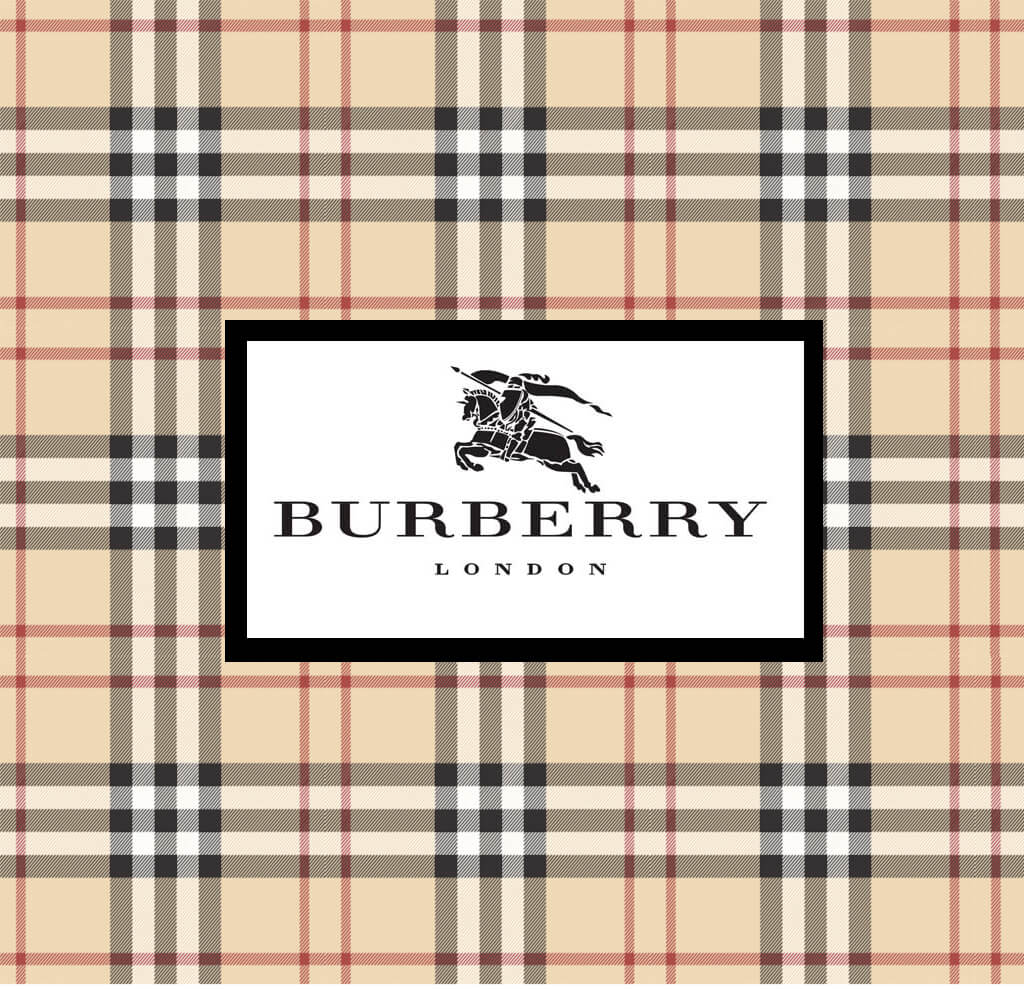
Burberry - Going Abroad With Authenticity
Burberry has been a British sign of luxury clothing since its beginnings. Its founder, Thomas Burberry was first to ensure the right direction of brand awareness - he encouraged aristocracy to wear his company’s garments. In years that followed, Burberry was associated with high-class, although a bit posh kind of brand.
The company faced serious need of rebranding once they expanded worldwide. Burberry had to appeal not only to its local customers, but a very diversified group of customers. Their rebranding was a long process, which included hiring Kate Moss and Emma Watson as new faces of Burberry, as well as engaging in social media by streaming fashion shows and being an active member of the fashion world.
Lesson Learned: Rebranding can be a way to address customers from new markets.
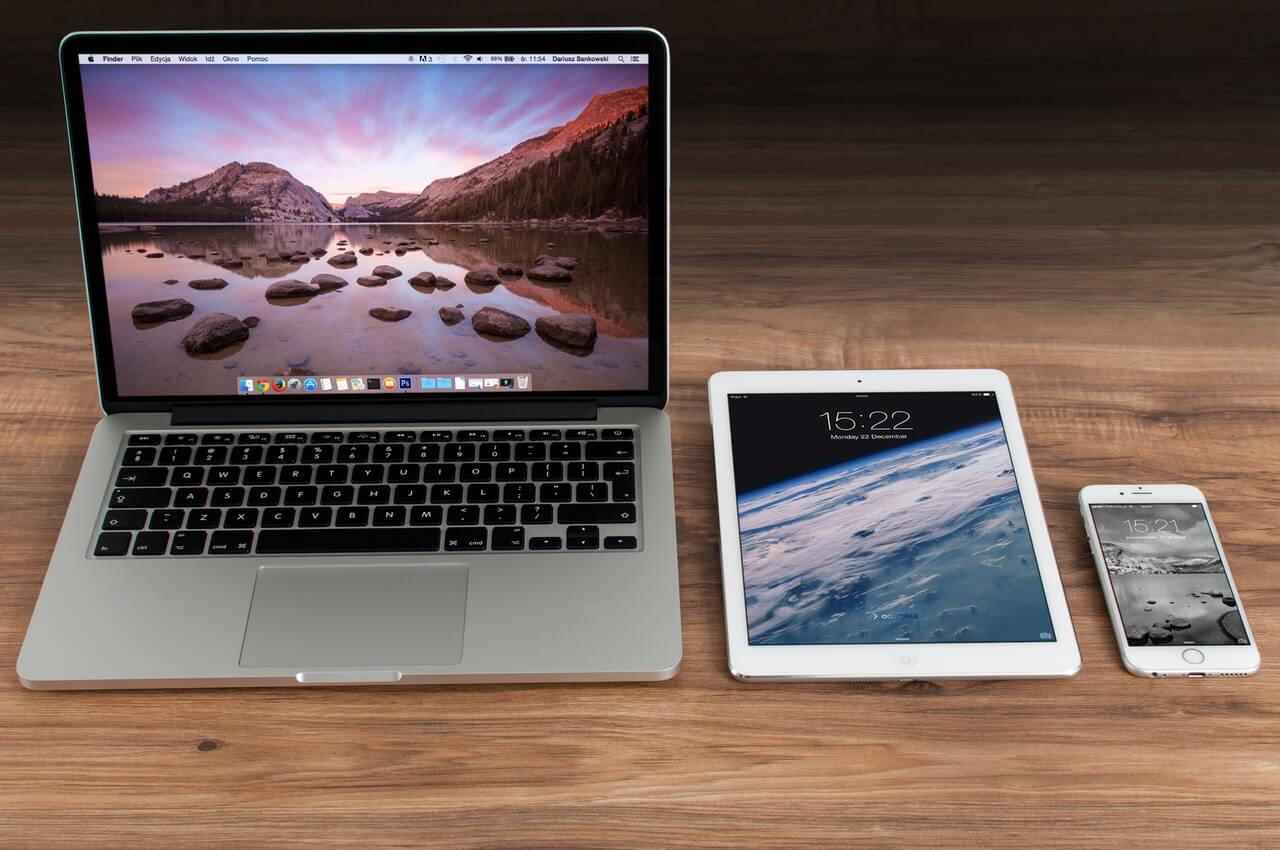
Apple - A Forward-Thinking Approach To Branding
Apple serves as an example of the most innovative company in the world, a benchmark that every modern start-up looks up to. However, before Apple became such a widely successful brand, it faced extreme difficulties.
The technology and electronics market was a crowded place, with many Asian companies leading the pack (Sony to bring one). Apple has turned the tables once Steve Jobs embarked on the journey. His vision has been an incredible strategy - he turned customers into die-hard fans and a trend to an absolute must. Apple’s products and packaging became the synonym for quality and exquisite design, although some players could boast with better products (but lacked the open-minded vision).
Lesson Learned: Apple has proved that a forward-thinking vision in rebranding is a recipe for success.
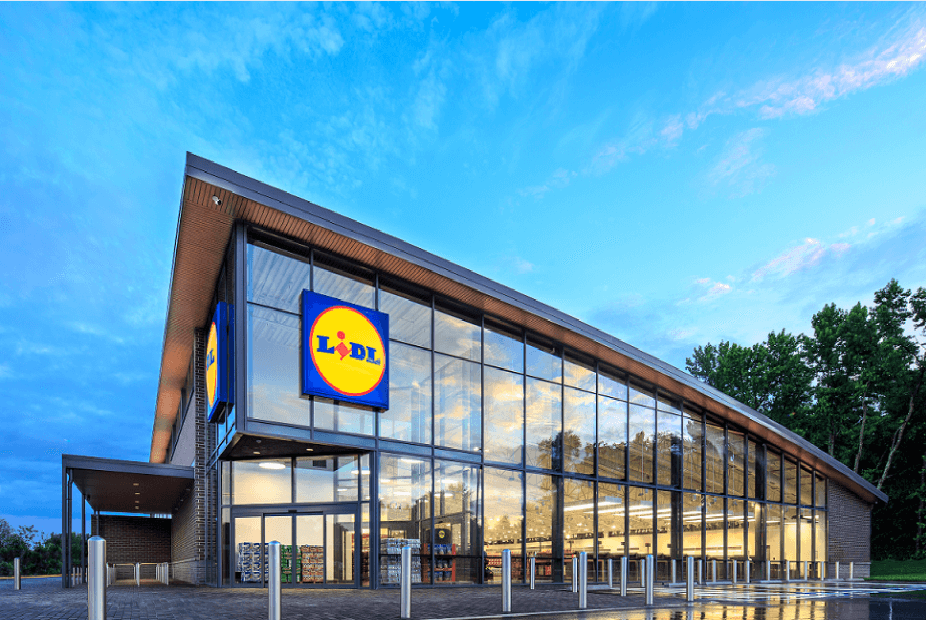
Lidl - A Brand Reimagined For Customers
Lidl - a supermarket chain from Germany - has been mostly associated with cheap prices. Yet, trends like bio&organic food and higher self-consciousness of customers has forced out changes.
Lidl embraced those trends and saw an opportunity there. The company has invested in a "to-the-core" rebranding. From Lidl original packaging redesigned to new shop interiors - the whole brand has gone through a deep modernisation. Organic products were introduced, new shops opened, whilst the final outcome was moving upwards as a brand - from a cheap discounter to upmarket.
Lesson Learned: Following trends and adapting accordingly could be beneficial in rebranding.
As Jayson DeMers stated in an article on Forbes concerning rebranding - “Rebranding isn’t simple, and it can’t be done overnight”. It’s a process that takes time and an in-depth research. Demographics, customer preferences, trends and even politics - all of these can have an impact.
Despite dangers that come with rebranding, it is a reality of every marketing department. The reality in which worsening brand perception could sunk even the best product idea.
If you wish to share your thoughts on rebranding strategies, join our discussion group on Facebook!

















